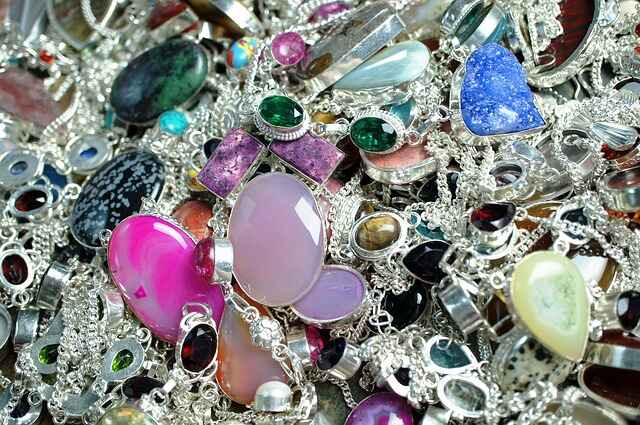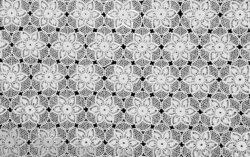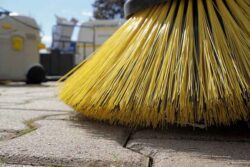
Quartz countertops have emerged as a popular choice for homeowners, offering a harmonious blend of durability and aesthetic appeal. While renowned for their resilience, proper cleaning and care are essential to maintain their pristine appearance. In this comprehensive guide, we will delve into the nuances of cleaning and caring for your quartz countertops. From understanding the composition of quartz to daily maintenance routines, stain removal techniques, and preventive measures, let’s embark on a journey to ensure your quartz surfaces shine with enduring brilliance.
Quartz countertops are engineered from natural quartz crystals combined with resins, polymers, and pigments. This blend creates a durable surface that mimics the beauty of natural stone. Understanding the composition is crucial for effective care. Unlike natural stone, quartz is non-porous, meaning it resists absorption and is highly resistant to stains. This characteristic simplifies cleaning but also requires specific care to maintain its luster.
While highly durable, quartz countertops are not invincible. Avoid excessive heat exposure, prolonged UV radiation, and abrasive cleaning agents, as these can affect the surface finish over time. Quartz countertops come in a myriad of colors and patterns, offering versatility in design. Understanding the variations helps tailor your cleaning approach to the specific type of quartz in your home. Dispelling common misconceptions, such as the need for sealing or using harsh chemicals, is vital. Quartz is a low-maintenance material, but adopting the right cleaning practices is essential for its longevity.
Here is our expert guide on How to Create a Cleaning Schedule that Works for You
Daily Cleaning Routine
Gentle Daily Cleaning
Initiate a gentle daily cleaning routine using a soft cloth or sponge and a mild dish soap. This helps remove surface debris, spills, and fingerprints, preventing the buildup of grime over time.
Warm Water Wiping
For routine cleaning, warm water and a soft cloth are often sufficient. Wipe down the quartz surface regularly to keep it free from dust and everyday spills, maintaining its natural shine.
pH-Balanced Cleaners
Opt for pH-balanced cleaners for more thorough cleaning. A mixture of warm water and a mild, pH-balanced cleaner ensures effective sanitation without compromising the integrity of the quartz.
Avoiding Abrasive Pads
Steer clear of abrasive pads or scouring powders. These can scratch the quartz surface and diminish its polished finish. Stick to gentle cleaning tools to preserve the countertop’s aesthetic appeal.
Drying the Surface
After cleaning, ensure the quartz surface is thoroughly dried. This prevents water spots and maintains the natural sheen of the countertop. Use a clean, dry cloth or towel for the best results.
See also our post on Impacts of Color Psychology in Cleaning and Organization
How to Handle Stains Effectively
Immediate Spill Cleanup
Address spills promptly to prevent staining. Quartz is resistant to most common household spills, but acidic substances like lemon juice or wine should be cleaned immediately to avoid potential discoloration.
Stain Identification
Identify the type of stain before attempting removal. Organic stains (from food or beverages) may require different treatments than inorganic stains (from markers or ink). Tailor your stain removal approach accordingly.
Oil-Based Stains
For oil-based stains like grease or cooking oil, use a mild dish soap and warm water. Create a gentle soapy mixture, apply it to the stain, and wipe it away with a soft cloth. Repeat if necessary.
Stubborn Stains
For stubborn stains, make a paste with baking soda and water. Apply the paste to the stain, gently scrub with a soft brush or sponge, and rinse thoroughly. Exercise caution to avoid scratching.
Avoiding Harsh Chemicals
Refrain from using harsh chemicals or abrasive cleaners. These can damage the resin in the quartz and compromise its luster. Stick to gentle, non-abrasive cleaning solutions for effective stain removal.
Preventive Measures
Using Cutting Boards
Prevent scratches by using cutting boards or chopping blocks. While quartz is resistant to scratches, using protective measures ensures the longevity of both the countertop and your kitchen tools.
Hot Pad Usage
Avoid placing hot cookware directly on the quartz surface. While quartz is heat-resistant, sudden extreme temperature changes can cause damage. Use hot pads or trivets to protect the countertop.
Using Coasters
Employ coasters under glasses and cups to prevent potential ring stains. While quartz is stain-resistant, colored beverages can leave marks over time. Coasters are a simple yet effective preventive measure.
Cutting Precautions
While quartz is resistant to scratches, it’s advisable to cut on cutting boards to avoid potential damage to knives and the countertop surface. This extra precaution preserves both the countertop and your utensils.
See also our related post on How to Revive Old and Tarnished Jewelry: Cleaning Techniques which you will not want to miss.
Regular Inspections
Conduct regular inspections for any signs of damage or wear. Addressing issues promptly prevents them from escalating into more significant problems, ensuring the longevity of your quartz countertop.
Specialty Quartz Care
Honed vs. Polished Finish
Understand the finish of your quartz countertop. Honed finishes may show scratches more easily than polished ones. Adjust your cleaning routine accordingly to maintain the specific finish.
Outdoor Quartz Care
For outdoor quartz surfaces, ensure they are designed for outdoor use. Regularly clean outdoor quartz with a mild detergent and water. Avoid using abrasive tools to preserve the surface finish.
Specialty Cleaners
Explore the specialty quartz cleaners available in the market. While simple mixtures work well for routine cleaning, specialty cleaners may offer added benefits, such as enhanced shine or protective layers.
Repairing Minor Damage
For minor damage like scratches or small chips, consult with a professional quartz repair specialist. DIY repair kits are available, but professional assistance ensures a seamless and lasting restoration.
Sealing Considerations
Quartz does not require sealing due to its non-porous nature. However, if you have an older quartz countertop or notice a change in water absorption, consult with a professional to determine if sealing is necessary.
Click here to have a glance at our post on How to Set Up a Cleaning Schedule for Roommates: Harmony and Hygiene
Conclusion
Ultimately, maintaining your quartz countertops requires a careful balance between proactive stain removal, gentle cleaning, and preventive care. You can guarantee that your quartz surfaces will continue to be a gorgeous focal point in your home for years to come by learning about the composition and properties of quartz, creating a daily cleaning schedule, handling stains skillfully, taking preventive action, and considering specialty care when necessary.







